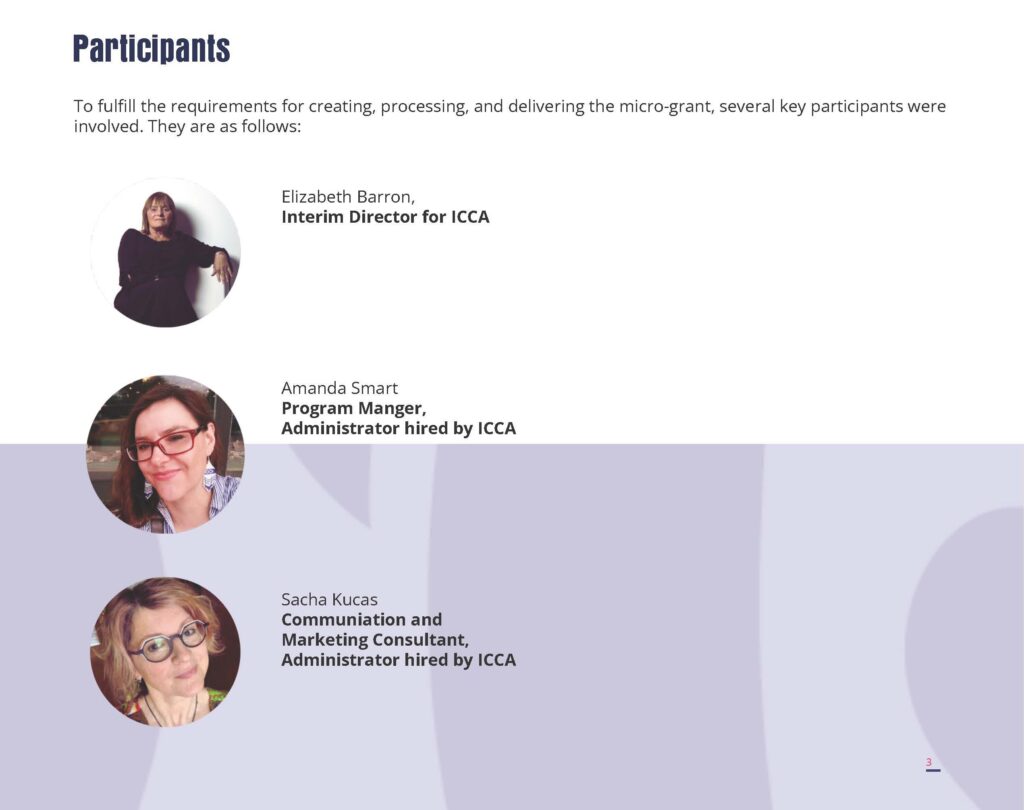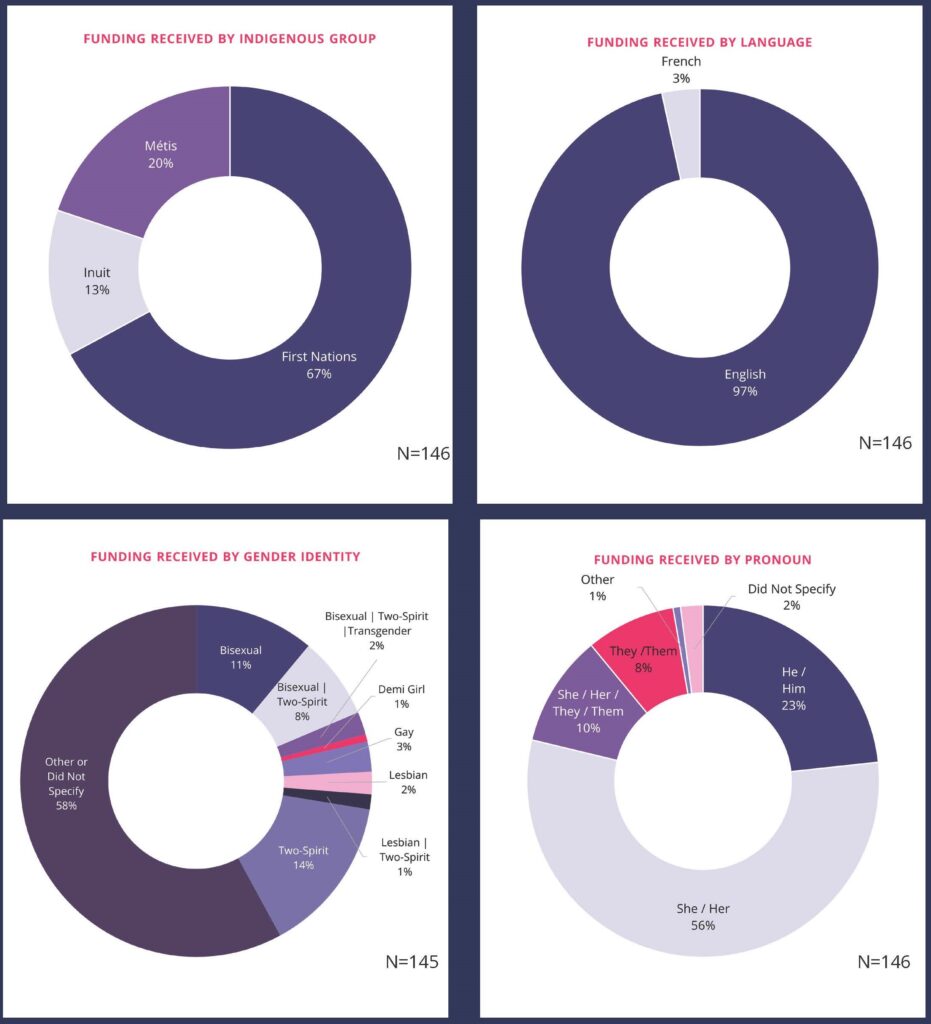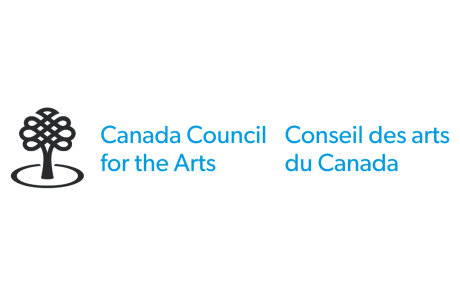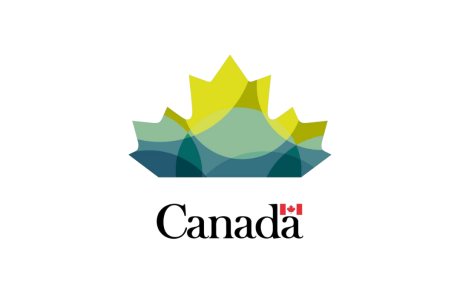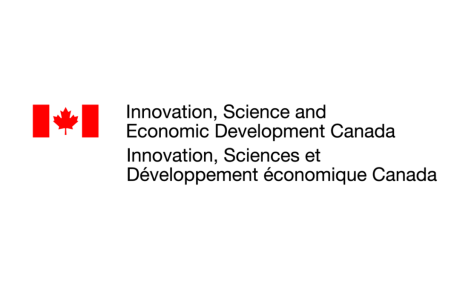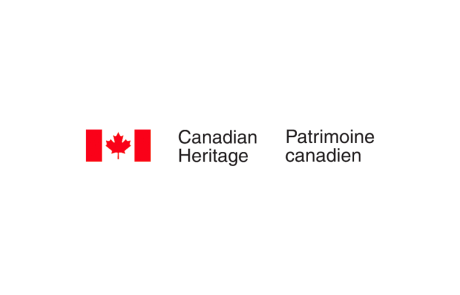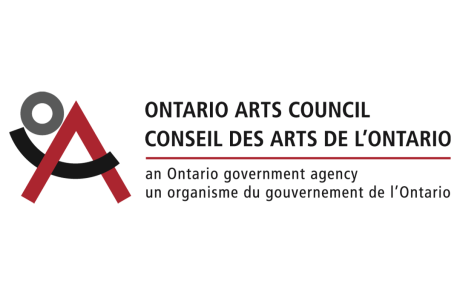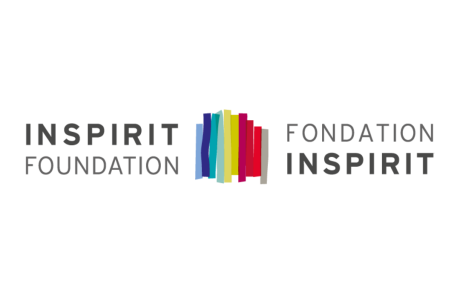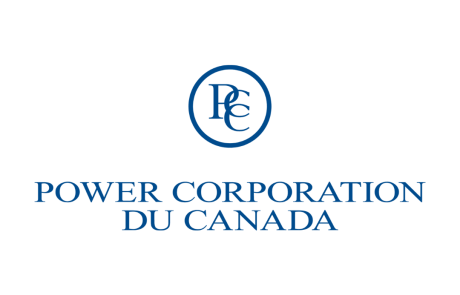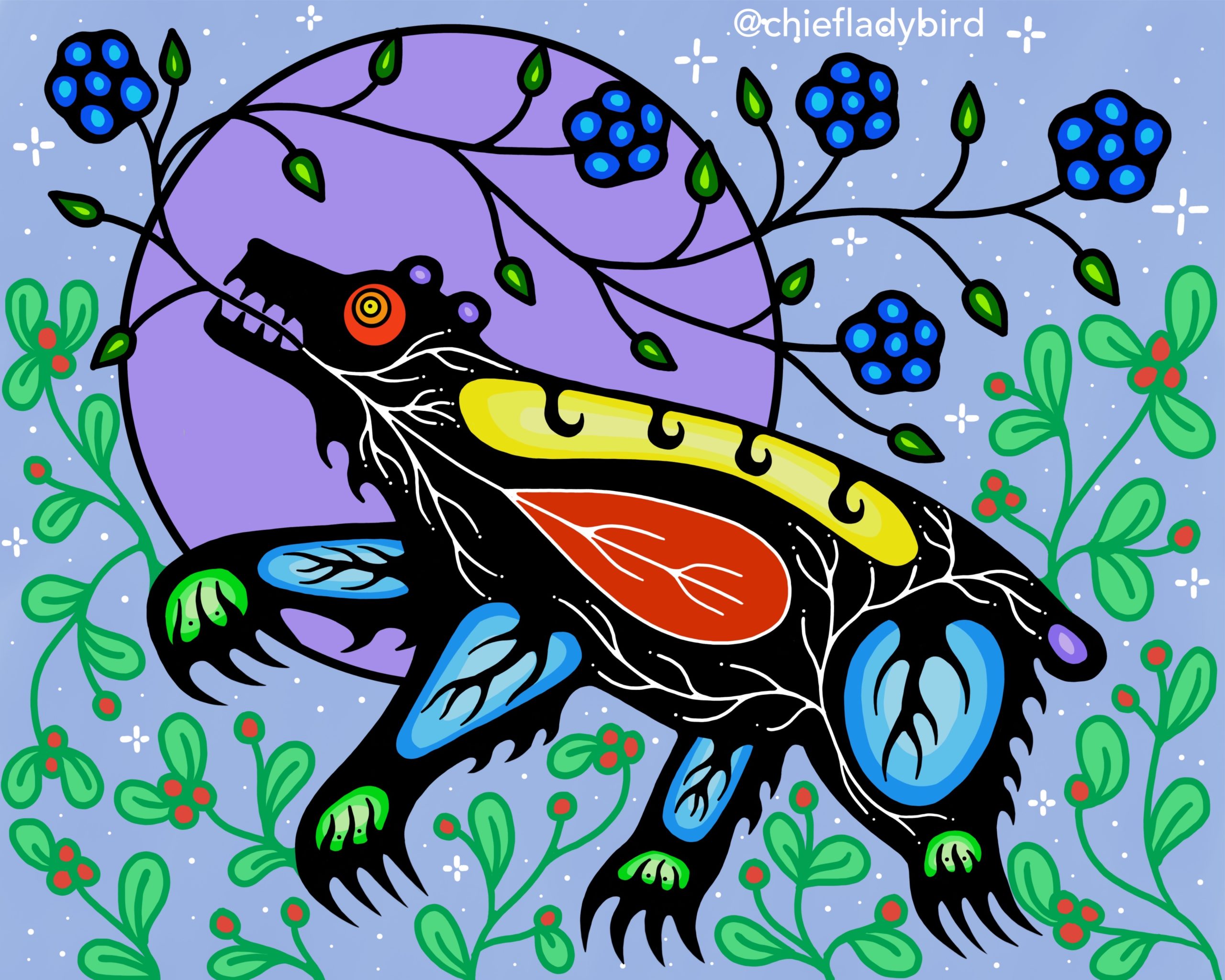
https://www.instagram.com/chiefladybird/
Community Cares Part 2
Purpose
In 2022, a collective agreement between the Indigenous Curatorial Collective (ICCA), (formally known as ACC-CCA) and Canada Council for The Arts (CCA) was co-developed. ICCA and CAA partnered to provide a special micro-grant funding initiative entitled Community Cares Part 2, Recovery Response Fund. This Micro-grant was developed, advertised, circulated and dispersed by third party participants over the period dates from December 15, 2022 – April 30th, 2023. The Fund provided financial support to 146 Indigenous artists, curators, and cultural workers awarding them $3,000 each. This initiative was announced on January 24th, 2023 and closed on February 22nd, 2023 with an astounding amount of interest and submissions.1
INTRODUCTION
Background and Context
The Community Cares Part 2: Recovery Response Fund offered culturally accessible immediate small-scale support that enabled the Indigenous Curatorial Collective (ICCA) to engage with Indigenous communities across Canada on a national level. This post-pandemic micro-grant empowered ICCA to assist in encouraging individual Indigenous artists and cultural workers to sustain and advance their artistic practices within their chosen fields, ultimately empowering the individuals.
Objectives of the Fund
Providing culturally accessible immediate small-scale support
The Community Cares Part 2: Recovery Response Fund represented a continued effort to support Indigenous artists, cultural workers, and curators in their artist practice.
ICCA disbursed 146 micro-grants, each amounting to $3,000, to a diverse group of First Nations, Inuit, and Métis individuals on a national scale. This grant aimed to break down financial barriers for Indigenous communities by implementing a culturally sensitive, flexible, and personalized application process. Through these measures, both ICCA and CCA collectively worked to uphold Indigenous cultural sovereignty and contributed to the recovery of a sector that had been disproportionately affected by the COVID-19 pandemic.
Former recipients of the 2020 Recovery Response Fund were strongly encouraged to apply for the 2023 micro-grant fund. All applicants, whether they were granted funds or not, were welcomed and encouraged to provide feedback on the micro-grant application process, as well as communication between candidates, third-party participants, and the fund disbursement process. Successful candidates submitted letters to ICCA.
These objectives were successfully met through daily communication with candidates via email, text messages, and phone calls.
Engaging with the community on Indigenous Arts recovery, innovation, and building back better strategies
With the delivery of the Community Cares Grant, ICCA played a pivotal role in transforming Indigenous creative communities by providing essential support through national arts and cultural financial resources.
Our research revealed that it is a rare occurrence for Indigenous creative practitioners to secure opportunities for participation and exhibitions in esteemed institutions like museums, public galleries, or performing arts venues. What this micro-grant successfully achieved was driving significant change by actively engaging and encouraging Indigenous individuals, thus aiding in the development and execution of creative community-building practices in the arts.
Our findings further emphasized the intrinsic connection between the economic well-being of Indigenous artists and the community. This connection is rooted in the quality of social bonds and the recognition of the desires and needs of independent arts practitioners. We firmly believe that the distribution of this micro-grant will not only bring individuals together around common interests but also promote a form of collective efficiency.
ICCA and CCA have effectively established a platform for Indigenous communities to unite in the creation and celebration of cultural and artistic practices, which encompass development, participation, and overall well-being.
Process
Scope
The following information provides a detailed overview of the administrative features put in place to fulfill the requirements of the ICCAs Community Cares agreement with CCA. This approach involved ensuring public accessibility and collecting the necessary information to initiate the disbursement of financial assistance to Canada’s Indigenous Creative communities.
Call for Submissions / Press Release:
Beginning January 24, 2023, the Call for Submissions and press release were posted on the ICCA website and shared across various social media platforms. Simultaneously, the press release was sent directly to all ICCA members listed in the database.
These members were strongly encouraged to share the press release and the application form’s link with their creative colleagues, friends, and family, as the application was open to non-members. This open approach aligns with ICCA’s commitment to accessibility, storytelling, and resource-sharing.
The widespread dissemination of this information supports public outreach and establishes an unrestricted resource for all Indigenous arts practitioners, whether they are emerging artists, established professionals, mentors, administrators, or others.
The press releases included direct links to the online application forms (see Appendix A for the English Press Release, Appendix B for the French Press Release, and Appendix C for the Inuktitut Press Release).
Our goal was to reach a diverse range of Indigenous individuals across various cultural backgrounds and regions, including those in remote, rural, and urban areas.
Translations:
With the assistance of two language translators, the application was made accessible to Indigenous groups in three languages: English, French, and Inuktitut (see Appendix G for the French Translation TEXT ONLY and Appendix H for the Inuktitut Translation TEXT ONLY).
As a result, ICCA received 735 applications, with over 250 submissions received within the first three hours of the Call for Submissions.
Application Process:
The Application Form was available in three (3) languages: English, French, and Inuktitut, providing broad accessibility and enabling ICCA to establish strong connections with creative Indigenous individuals who might have otherwise been overlooked, along with their communities. This initiative allowed ICCA to expand its reach on a national level (see Appendix D for the English Application Form, Appendix E for the French Application Form, and Appendix F for the Inuktitut Application Form).
Upon completing the form, individuals received an automatic email response. We also prepared email responses in all three languages in the event that applicants contacted us directly via email (see Appendix I for Email responses in three languages).
ICCA can confidently assert its commitment to Indigenous protocol by incorporating the 5R’s” of Cultural Indigenous Principles: Relationship, Respect, Responsibility, Reciprocity, and Relevance.
Collection of Data:
To ensure comprehensive documentation, we developed a system for recording each and every submission as they were received, complete with a date and time stamp. This document captured the personal information of all applicants, including their name, pronoun, orientation, Indigenous group, contact details, demographic region, and artistic practice. Project Manager A. Smart added a direct link to the application forms of all 735 individuals
for reference (see Appendix J for C.Cares 2023-All Submissions-Time Stamp).
All the selected candidates who were approved to receive funding were promptly notified via email. This email contained links to two (2) essential documents: 1) Creative Art Practice Information and 2) Personal Banking Information for Payment (see Appendix K for the Email to Successful Candidates in English). No Inuktitut applications were received.
Methodology
Our goal for the final selection process was to focus on Indigenous groups who have historically been underrepresented in previous micro-funded grants. The successful candidates included Metis, Two-Spirit individuals, and Metis from the Prairies, Quebec, and the East Coast, as well as First Nations and Inuit from the Prairies and the North, and First Nations and Metis from other geographic areas. This approach aligns with ICCA’s value-based intention and reflects our commitment to providing meaningful support to the Indigenous Arts community, which is embodied in the name “Community Cares.”
Personal Banking Information:
A Personal Banking Information Form was created in both English and French (see Appendix L for Banking Information – English and Appendix M for Banking Information Form – French). This form included a request for a sample of a direct deposit form and/or a void cheque. It is important to note that the Social Insurance Number (SIN) was only requested on the successful candidate’s personal information page, rather than on the initial application form for all applicants.
Successful Candidates Notification
A total of 150 successful candidates were chosen, notified, and processed to receive a micro-grant funding of $3,000 each (see Appendix N for the Successful Candidate List by Province). Out of these, 145 individuals responded and received their funding.
We included a link to the Service Canada website on the personal information form as a disclaimer to clarify the requirement of SIN for tax purposes and the issuance of a T4A.
Collection of Personal Banking & Personal Information and Creative Works:
A linked documentation spreadsheet was created to collect the Personal Banking information of every successful candidate in a single spreadsheet. This facilitated the fund disbursement process, and the document was shared with the Accountant for processing (please see Appendix O for the All Successful Candidate Banking Information Document).
Successful Candidates Samples of Work:
A Samples of Creative Work Form was developed for all successful candidates (see Appendix P for the Samples of Creative Work Form in English and Appendix Q for the Samples of Creative Work Form in French). This form included a description of the individual’s creative practice, along with samples of their work, links to creative websites, social media profiles, and links to video and multimedia platforms. A linked documentation spreadsheet was created to collect each and every successful candidate’s creative practice details (see Appendix R-Creative Works Spreadsheet).
Distribution of Funds:
In order to facilitate delivery of funds, the Program Manager (PM) conducted a thorough cross-check of the banking information manually provided by applicants on their Personal Information Form.. The PM verified every individual’s direct deposit slip or void cheque.
The cross-checked personal banking information for every successful candidate was then securely transmitted to the Account of Humanity Financial in batches of 50 via ShareFile, a private portal. ShareFile is a file-sharing service that provides a secure platform for the exchange of documents, allowing the Accountant and his team to efficiently collect and process payments.
The Accountant processed each individual’s personal information and confidential banking information. The banking information was processed in batches, respecting the daily payment limit. Payments were made using Telpay, an independent electronic payment company. The Telpay system incorporates various security measures to safeguard against unauthorized access, utilizing industry-standard security protocols such as SSL, SFTP, and VPN. This approach allowed ICCA to disburse the funds quickly, efficiently, and with confidentiality.
All payments were completed by April 25, 2023.
Feedback received from the applicants:
After receiving funding, successful candidates were invited to provide feedback via email. They were encouraged to share their thoughts on various aspects, including the call for submissions, the application form, the application process, and the selection and delivery of funds (see Appendix S for the Collection of Feedback).
Data Analysis & Funding Statistics
For the Program Manager’s Methodology of the process, see Appendix T – Process.
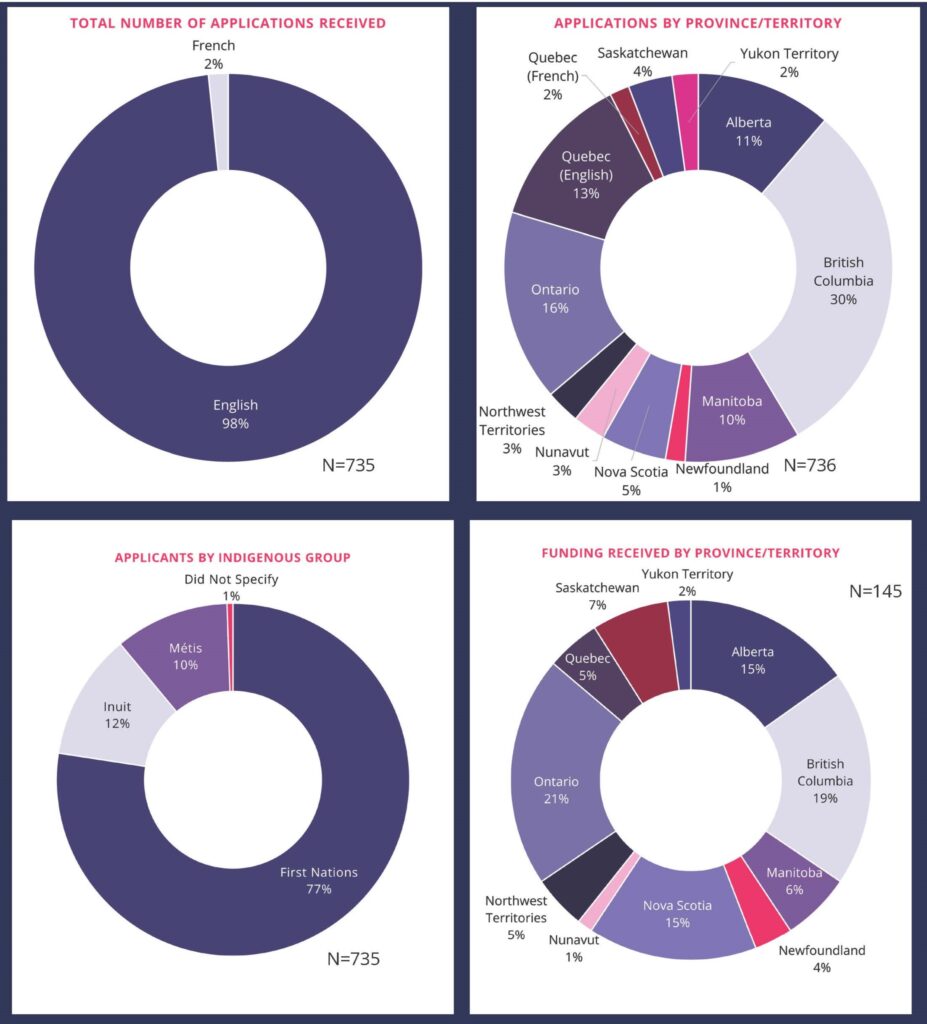
Results
Collection of Statistics of Community Cares 2023- Applicants and Successful Candidates (See Appendix UStatistic Chart)
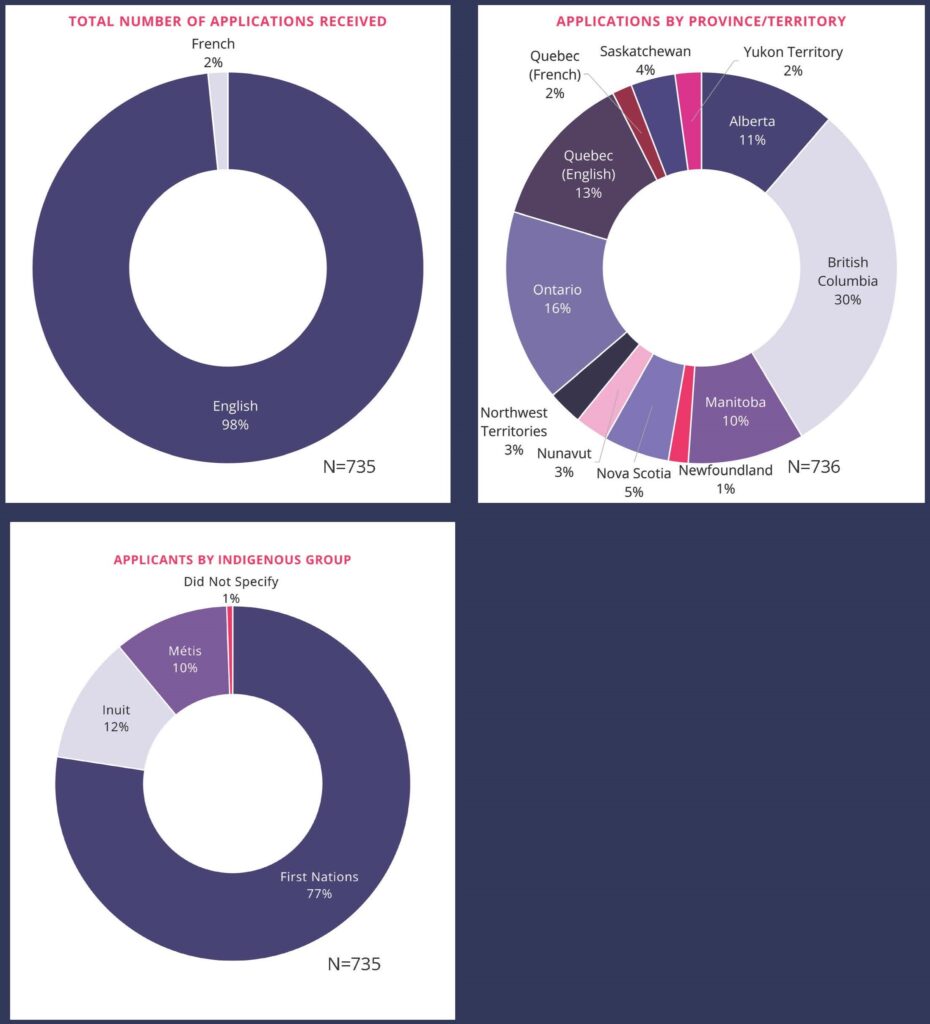
KEY FINDINGS
Observations and Recommendations
Time Management for Team:
Implement a Clear Time Management Strategy: Develop a comprehensive time management plan that outlines specific deadlines and milestones for different phases of the project. This should include a well-defined schedule for application intake, review, and fund distribution to ensure a streamlined and efficient process.
Regular Progress Tracking: Set up regular check-ins and progress tracking meetings with the project team to monitor the status of tasks and milestones. This will help identify and address any delays or issues promptly.
Resources and Tools for Effective Program Delivery:
Dedicated Phone Lines: Allocate dedicated phone lines for effective communication between the Project Manager, staff, and applicants. Ensure that the phone lines are accessible during specified hours and that contact information is readily available in all communications.
Automation Tools: Explore the use of automation tools for administrative tasks, such as processing applications, verifying banking information, and sending out notifications. This can significantly reduce the manual workload and streamline the process.
Increase Resource Allocation: Consider increasing the allocation of resources, both in terms of staff and funding, to support the program’s administrative and operational needs. Additional team members may be required to handle the workload efficiently.
Hours of Availability:
Clearly Define Operating Hours: Clearly communicate the hours of availability for the dedicated phone lines and support staff. Make sure that these hours align with the needs of the applicants and are clearly mentioned in all project communications.
Specific Communications Plan:
Develop a Comprehensive Communication Plan: Create a detailed communication plan that outlines the various stages of communication during the project. This plan should include key milestones, such as the call for submissions, application status notifications, and fund distribution.
Use of Secure File Sharing: Continue to utilize secure file-sharing services like ShareFile to exchange sensitive documents and data securely. Ensure that the system used complies with data protection and privacy regulations.
Regular Updates: Implement a schedule for regular updates and notifications to all stakeholders. Provide transparent and clear communication on the project’s progress, including timelines, expectations, and any changes in the process.
Feedback Mechanism: Establish a feedback mechanism for applicants and recipients to voice their concerns, provide suggestions, and report any issues they encounter during the process. This can help in making necessary improvements for future initiatives.
Reporting and Accountability: Ensure that the communication plan includes mechanisms for reporting progress to relevant authorities and stakeholders, demonstrating accountability and transparency throughout the project.
These recommendations aim to improve the efficiency and effectiveness of the program’s delivery while maintaining a clear and responsive communication strategy for all stakeholders
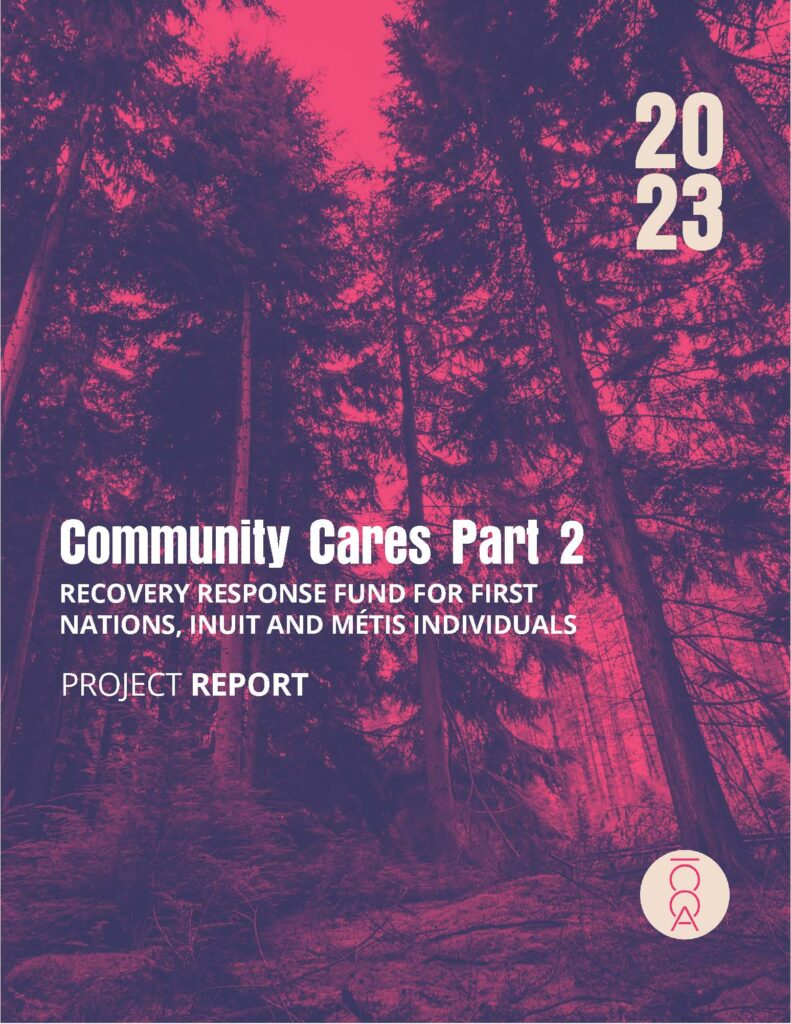
Community Cares Part 2
Project Report
Thank You to our Generous Partner


